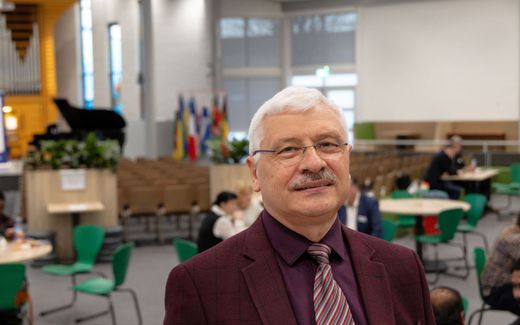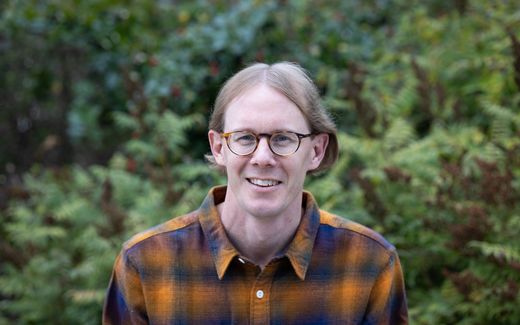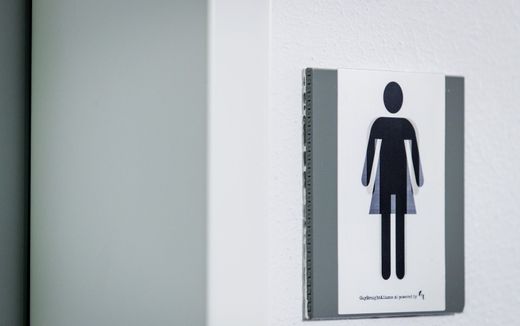How relativism is eroding education — and what we can do about it
20-09-2025
Christian Life
Elina Placentino, CNE.news

Children at a primary school learn about inclusivity. Photo ANP, Jeroen Jumelet
Christian Life
“Why can’t I be who I am?” a girl cries when she discovers that therian (animal) behaviour is not accepted in her Finnish school. Identity questions are the topic of the day in Europe. And the reason behind this is relativism.
Stay up to date with Christian news in Europe? Sign up for CNE's newsletter.
God’s first task for Adam was to classify things by naming them. It goes without saying that the devil’s delight is to attack these very same categories in an attempt to undo the order and dominion God gave to man. How can man manage the world without knowing the identity of things?
This erasure of categories is visible even in today’s secular schools. In Finland, for instance, children are taught to consider sexuality as something subject to change. If they wake up feeling like a member of the opposite sex, they will probably be told that they have mysteriously transitioned. Even children who identify as animals (therians) can be permitted to behave like that animal in class. Instead of being supported as young men or women in their growth towards adulthood, they will be encouraged to embrace their “new” selves.
However, relativism is not only endangering the development of our children’s identity; it is also endangering science itself. If people can shift from one identity to another, why can’t creatures and objects, too? However, without clear, fixed, objective definitions and categories, science simply becomes impossible. Facts give way to feelings — and the magic of identification. Purpose gives way to self-expression. And as the prophet Daniel wisely pointed out, truth is thrown to the ground.
Poetry
Relativism is also destroying instruction in the arts. As a result, the arts are gradually being reduced to an exercise in self-expression, with no framework of beauty or goodness to serve as reference points. As an example of this, I could cite an exercise in a Finnish school book where children were instructed to cut out random words from a newspaper article and place them together again. The result of this magically morphed into poetry.
The present situation reminds me of Jesus’ parable of the two builders. One builder chose a firm foundation, whereas the other chose a sandy (albeit scenic) spot. In a similar way, our schools have moved from building on the bedrock of God’s revelation to building on the quicksand of humanistic relativism. But Jesus already sketched out the end result of such an endeavour. It will never last the test of time!
Christian education, however, can provide children with a firm foundation for life, science and the arts. As Christians, we can teach the new generation that God created the world, and that He sustains it. He is the Ultimate Intellectual, and His desire is for us to discover the secrets He has hidden in creation. We can teach children that God is the reference point for the arts, because categories such as beauty, truth and goodness are real and objective, not random and subjective.
Foundation
Since God is the Designer of this world, our children will thus grow up with a unique advantage. They will not only have the Spirit of Truth to guide them in the world, but they will also have the correct intellectual framework to view it. With these advantages, they will be set on the road to sure success.
Relativism is endangering the development of knowledge in our day. Fortunately, it is a self-defeating ideology with no intellectually coherent foundation. Even fairly young children can be brought to see this. And to this end, we would do well to have a two-minute philosophical chat with them when they encounter relativistic thinking. It is quite sufficient to point out that relativism claims that there is no absolute truth. Therefore (according to this way of thinking) relativism cannot be absolutely true either.
Touché!
Related Articles







